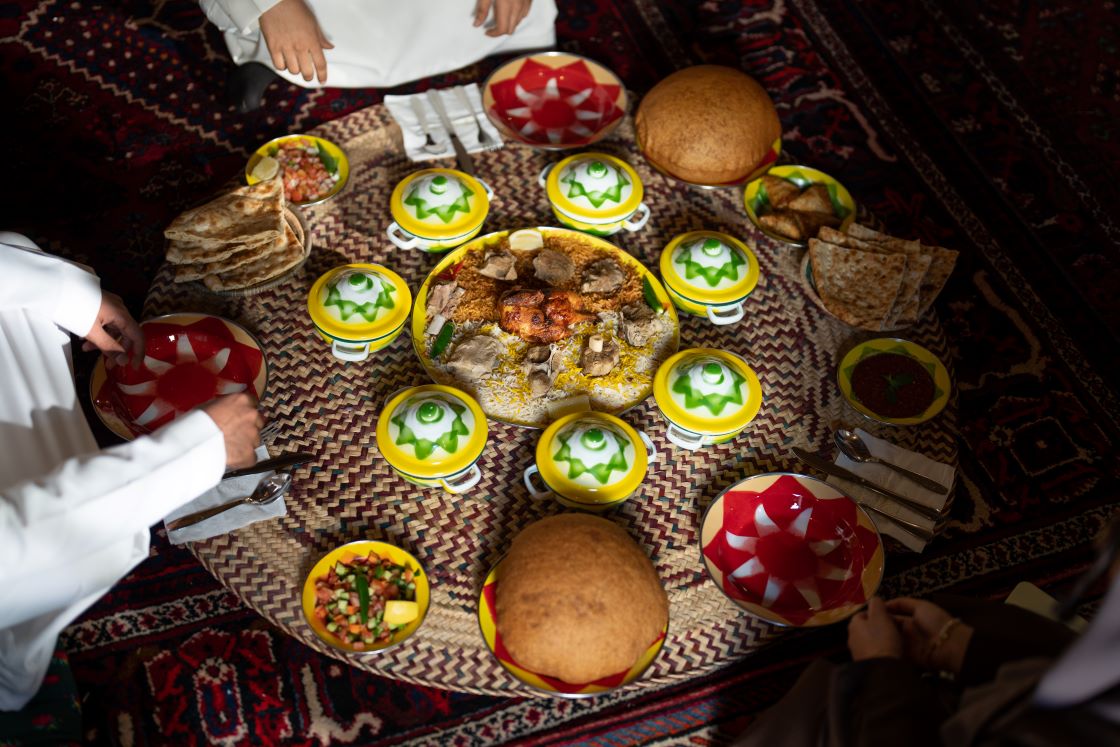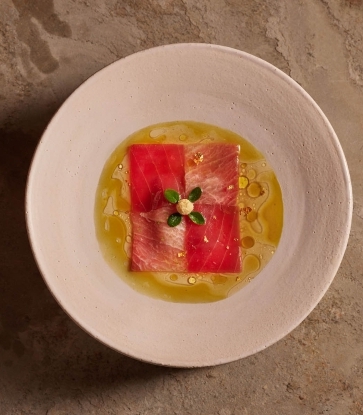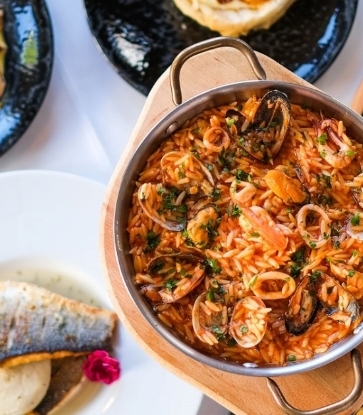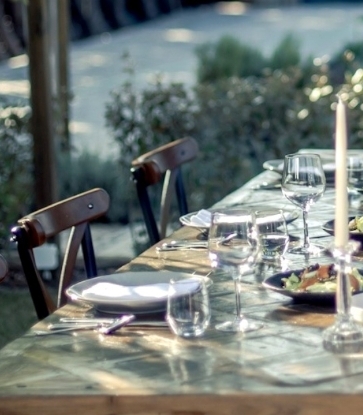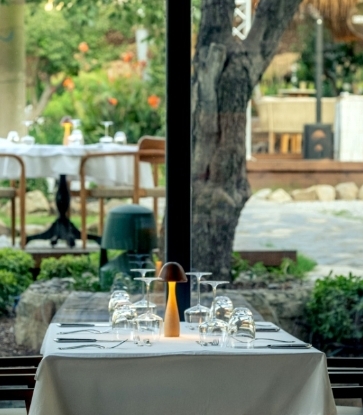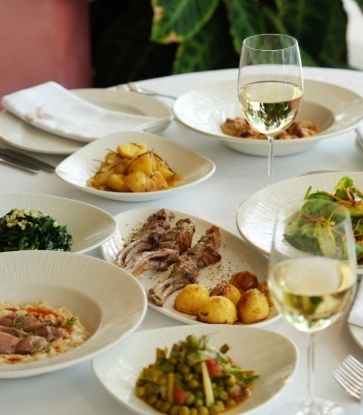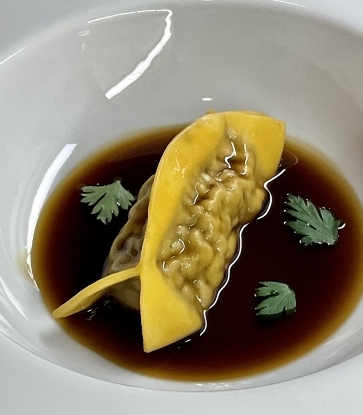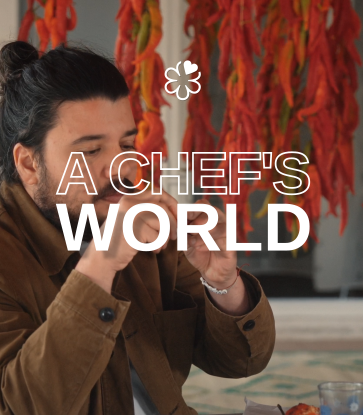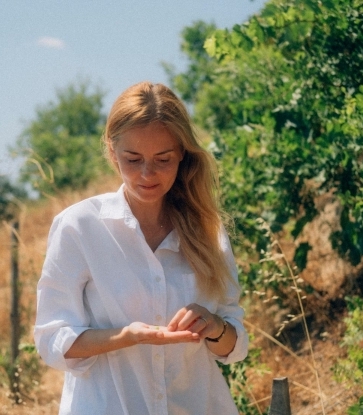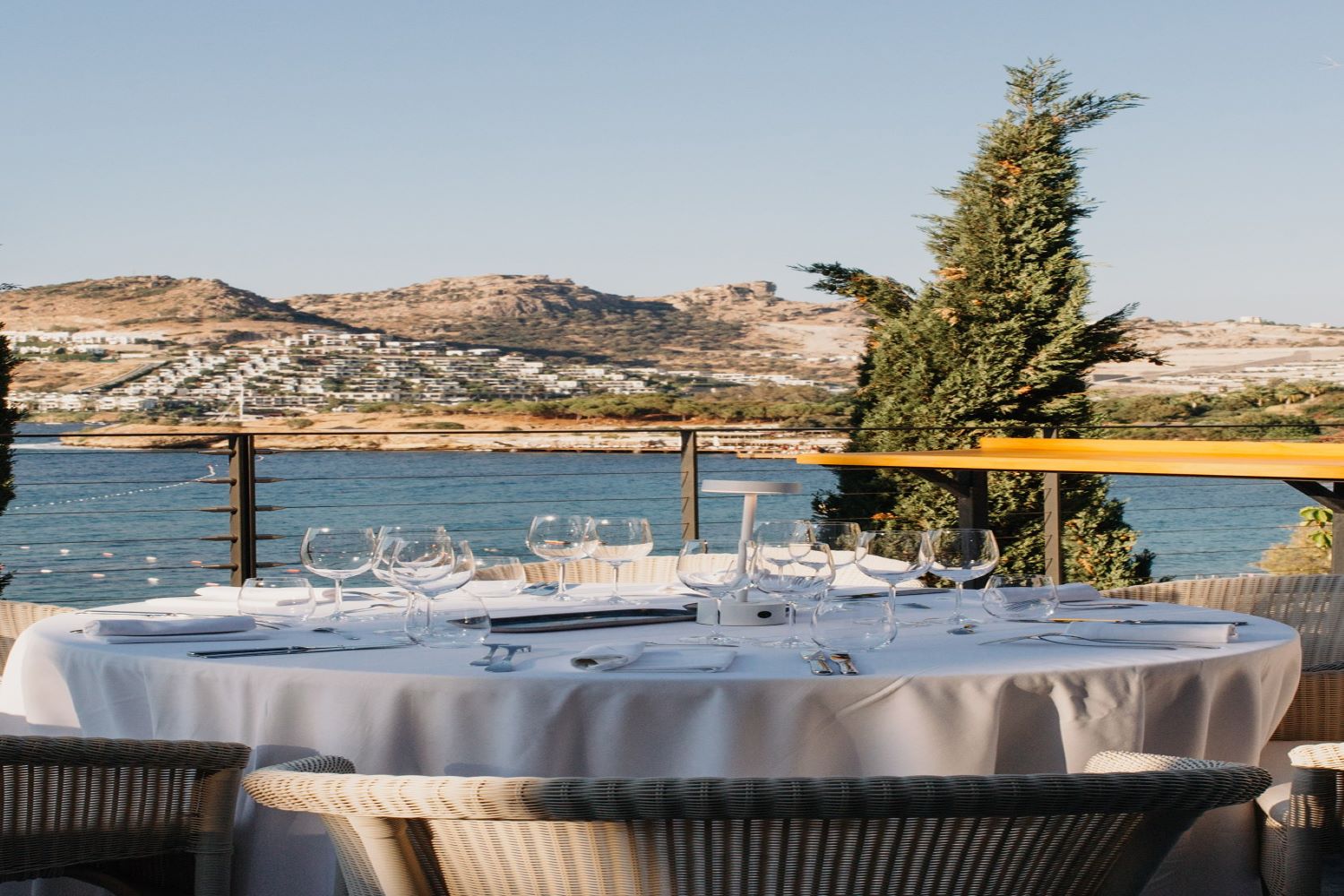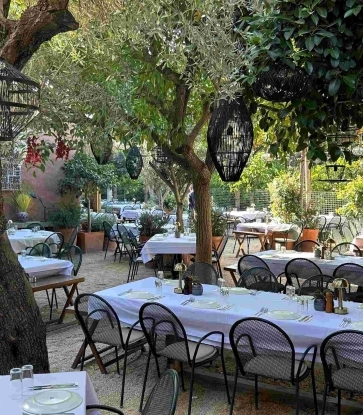Alaturka
12 Bussorah Street
6294 0304
Who’s behind it
For many, entering a restaurant business is an act of passion. For Nafiz Bozkurt, who migrated here from Turkey in 2006, the need goes deeper: it’s a means to survive. After all, he moved to Singapore with his Singaporean wife knowing that his years of experience and qualifications as an architect are not recognised here.
“I wasn’t even considered the same as a polytechnic graduate,” he says. “There are so few things that I can do – and starting a restaurant is one of them.”
It was then that he decided to take over Alaturka from its previous owner. “I had no passion, no nice story about my mother’s cooking,” he admits. “Because for me, it was about keeping myself alive.”

It was rough at first, not knowing the ropes of the business. “The restaurant was nearly two-years-old when I took over but there was all these empty tables,” he says. “I cared about my business so I did everything from sweeping the floor to doing the dishes. And when you care about your profession, success comes naturally. I sincerely believe that.”
That belief has borne fruit. Business is brisk with a steady stream of regulars. After nearly a decade of running the restaurant, Alaturka was conferred Bib Gourmand status in the 2016 Michelin Guide Singapore.
The name Alaturka means 'in traditional Turkish style'. It originates from the era of the Ottoman Empire and used to describe the roots of musical and cultural concepts. It stands in contrast with 'Alafranga' which denotes Western culture. In the restaurant context, Nafiz makes sure the food is traditionally Turkish as far as possible while maintaining accessible price points.
The breads, a Turkish staple is a must-have. There are two types: the ekmek ($3) – a thick but fluffy sourdough flat bread as well as the lavas ($4.40) – a thin balloon-like bread topped with sesame seeds. These are eaten with dips like hummus ($8) and babaganoush ($8.50) – the two dishes that the Michelin Guide inspectors recommend.

The karisik kebab ($44) is another to look out for. It’s a huge sharing platter meant for two or three which includes a sampling of various cuts of meat from lamb racks to kebabs cooked over a charcoal fire. It comes with a side of salad as well as rice.

“We don’t get these from a Turkish supplier because they bring it in bulk,” explains Nafiz. “When it comes in bulk, the freshness is really not there.”
These spices include sumac – a dried and ground berry with a lemony flavour, isot pepper a type of capsicum and surprise surprise, chilli flakes. These flakes are grown in Turkey and processed in a way that keeps the natural chilli oils (and hence, flavour) intact. Asian chilli flakes meanwhile are dry, making them unsuitable for Turkish cooking.
“We try to make it as authentic as home cooked Turkish food,” he says. Spoken like a true restauranteur, even if he started out as a means to survive.
Recommended reading: View all the Behind The Bib stories here




